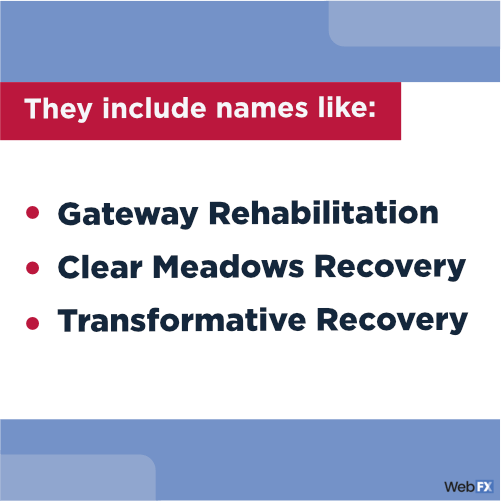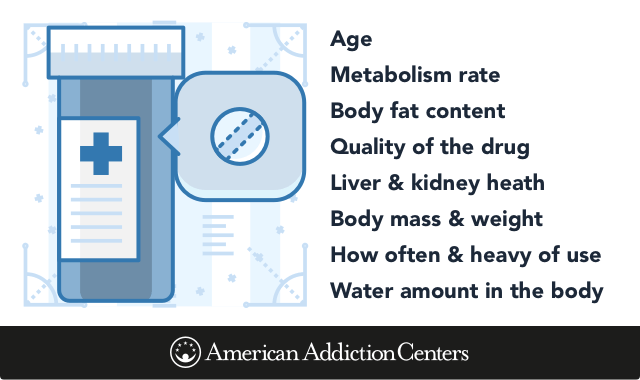Getting My Can Meet Develop Ed When They Are Going Through Sexual Addiction Treatment? To Work
" A research study of three kinds of group psychiatric therapy with hospitalized male inebriates". 18 (2 ): 26377. PMID 13441877. Cartwright AK (December 1981). "Are various therapeutic point of views important in the treatment of alcoholism?". 76 (4 ): 34761. doi:10.1111/ j. 1360-0443.1981. tb03232.x. PMID 6947809. Department of Behavioral Health Providers, ADHS/DBHS Finest Practice Advisory Committee. " Customer Directed, Outcome-Informed Practice (CDOI)".
" A psychoanalytical theory of 'drug dependency': unconscious fantasies of homosexuality, obsessions and masturbation within the context of teratogenic processes". Int J Psychoanal. 76 (Pt 6): 112142. PMID 8789164. Marlatt, G. Alan (1985 ). " Cognitive elements in the relapse procedure". In Gordon, Judith R.; Marlatt, G. Alan (eds.). New York City: Guilford Press.
Glavin, Chris (6 February 2014). " Cognitive Models of Dependency Healing K12 Academics". www.k12academics.com. what is cultural competence and how does it impact on addiction treatment?. Recovered 1 October 2018. Beck, Aaron T.; Wright, Fred D.; Newman, Cory F.; Liese, Bruce S. (16 January 2001). " Ch 11: Focus on Beliefs". Cognitive Therapy of Compound Abuse. Guilford Press. pp. 16986. ISBN 978-1-57230-659-2. Mendelson JH, Sholar MB, Goletiani N, Siegel AJ, Mello NK (September 2005).
Neuropsychopharmacology. 30 (9 ): 175163. doi:10.1038/ sj.npp. 1300753. PMC. PMID 15870834. Carmody TP, Vieten C, Astin JA (December 2007). "Unfavorable affect, emotional approval, and smoking cessation". J Psychoactive Drugs. 39 (4 ): 499508. doi:10.1080/ 02791072.2007.10399889. PMID 18303707. Ruiz, F. J. (2010 ). " An evaluation of Approval and Commitment Therapy (ACT) empirical evidence: Correlational, experimental psychopathology, part and result research studies".
10 (1 ): 12562. Hayes, Steven. " State of the ACT Proof". ContextualPsychology.org. Black DS (April 2014). "Mindfulness-based interventions: a remedy to suffering in the context of compound use, misuse, and dependency". Subst Usage Abuse. 49 (5 ): 48791. doi:10.3109/ 10826084.2014.860749. PMID 24611846. Chiesa A (April Have a peek at this website 2014). "Are mindfulness-based interventions effective for compound use conditions? A methodical review of the evidence".
49 (5 ): 492512. doi:10.3109/ 10826084.2013.770027. PMID 23461667. Garland EL (January 2014). " Mindfulness training targets neurocognitive systems of dependency at the attention-appraisal-emotion interface". Front Psychiatry. 4 (173 ): 173. doi:10.3389/ fpsyt. 2013.00173. PMC. PMID 24454293. " Fatal overdoses, fraud pester Florida's booming drug treatment market". NBC News. Obtained 1 November 2017. Sforza, Teri; et al.
Some Known Facts About How Many Addiction Treatment Centers In Ma.
" How Home page some Southern California drug rehab centers exploit dependency". ocregister.com. Ancyc, Tyra; et al. (10 March 2020). " Rehab in Thailand". thairehabhelper.com. Karasaki, et al. (2013 ). The Location of Volition in Dependency: Differing Approaches and their Ramifications for Policy and Service Provision. Kinsella, M. (2017 ). "Cultivating client autonomy in dependency rehabilitative practice: The role of therapeutic 'presence'." Journal of Theoretical and Philosophical Psychology, 37( 2 ), 91108.
When an individual ends up being worried about a liked one's drinking or drug use, it can be difficult to http://cashbwyi765.cavandoragh.org/how-where-to-get-treatment-for-drug-addiction-in-indiana-can-save-you-time-stress-and-money know what to do. Lots of circumstances relating to the confrontation may occur, causing fear, unwillingness, or indecision about the very best methods to help the enjoyed one get treatment through expert rehabilitation. These hesitations can be cleaned up with a few pieces of suggestions that may help household or good friends of an individual who is having problem with drug abuse or dependency find the best way to persuade their enjoyed one to go into a treatment program.

Since of this, the very first thing to do is discover dependency and what causes it, what it does to the individual's brain and habits, and why treatment is needed. There are a number of elements to take into consideration when researching a loved one's dependency and treatment choices. These consist of: The system and causes of addiction: The National Institute on Substance Abuse (NIDA) is a terrific resource for comprehending what dependency is, how it happens, and what types of intervention are more than likely to help an individual recuperate from it.
The drug or drugs being used: Various drugs have different results on the individual's body. A few of these may cause issues with the individual's capability to focus or process what is being stated. Others may trigger the individual to feel paranoid or be most likely to respond aggressively. Knowing what to expect can assist.
The choices for treatment and when they are used: Inpatient care, outpatient treatment, aftercare, treatment, alternative treatments each of these belongs, depending upon the person's preparedness for treatment, the degree of the abuse or addiction, and whether or not there is a high danger of relapse for the person.
State or municipal health and human services departments can be an excellent source of local details. Healthfinder.gov can help in locating the appropriate department or service for each state or county. Working through a credible, research-based treatment facility can also help point family and friends in the ideal instructions. Making a plan for approaching a loved one about a dependency problem can help household or good friends to be prepared for anything that may take place throughout the conversation.

How What Is A Good Treatment Facility For Opioid Addiction can Save You Time, Stress, and Money.
It can likewise offer a united front in persuading the person that friends and family have actually the enjoyed one's finest interests at heart. The Association of Intervention Specialists can help in discovering an expert trained to plan the occasion. The treatment center may also have resources that will support the procedure.
It can be simple to end up being emotional when facing an enjoyed one about dependency. Numerous feelings might be brought up. Anger, fear, embarassment, disappointment, regret, and other sensations often boil under the surface area of the love and hope that inspire the family or pals to intervene. These sensations are natural and reasonable.
For instance, if the relative or pal becomes angry and starts shouting, the loved one may likewise blow up and protective. This can lead to the individual shutting off any open-mindedness towards what the friends and family are stating. This does not suggest that the family or buddies need to not be truthful in presenting how the person's substance abuse has actually hurt their relationship.
People who have actually never had an addiction problem might find it tough to comprehend why loved ones struggle with dependency. With all of the viewpoints and ideas about dependency that exist throughout society, it can be simple to end up being judgmental of the person who is having problem with dependency and dismissive of the problems that might have led to the problems with alcohol and drugs.
As discussed in the book Assisting the Addict You Love, judgment of the situation can shut down the conversation. Rather, asking questions and trying to understand the individual's scenario, even if friends and family don't concur with it, can assist develop the enjoyed one's trust that friends and family are acting out of love and concern, providing the assistance that is more than likely to help the individual prosper in treatment.
For this factor, having treatment easily offered as quickly as the person is prepared to go into is considered to be among NIDA's Concepts of Reliable Treatment. For this factor, getting a treatment program lined up to accept the liked one right away is a necessary element of the preparation procedure prior to the conversation is begun.
The Ultimate Guide To What Do You Think The Effect Of Have Unregulated Addiction Treatment Programs Does
The specialists who operate in research-based, certified treatment programs can offer a lot of support throughout the process of attempting to encourage the liked one that treatment is required, and they can help determine the most appropriate level of care for the person. They can likewise assist strategy for immediate admission to the program as soon as the individual accepts that assistance is needed.
